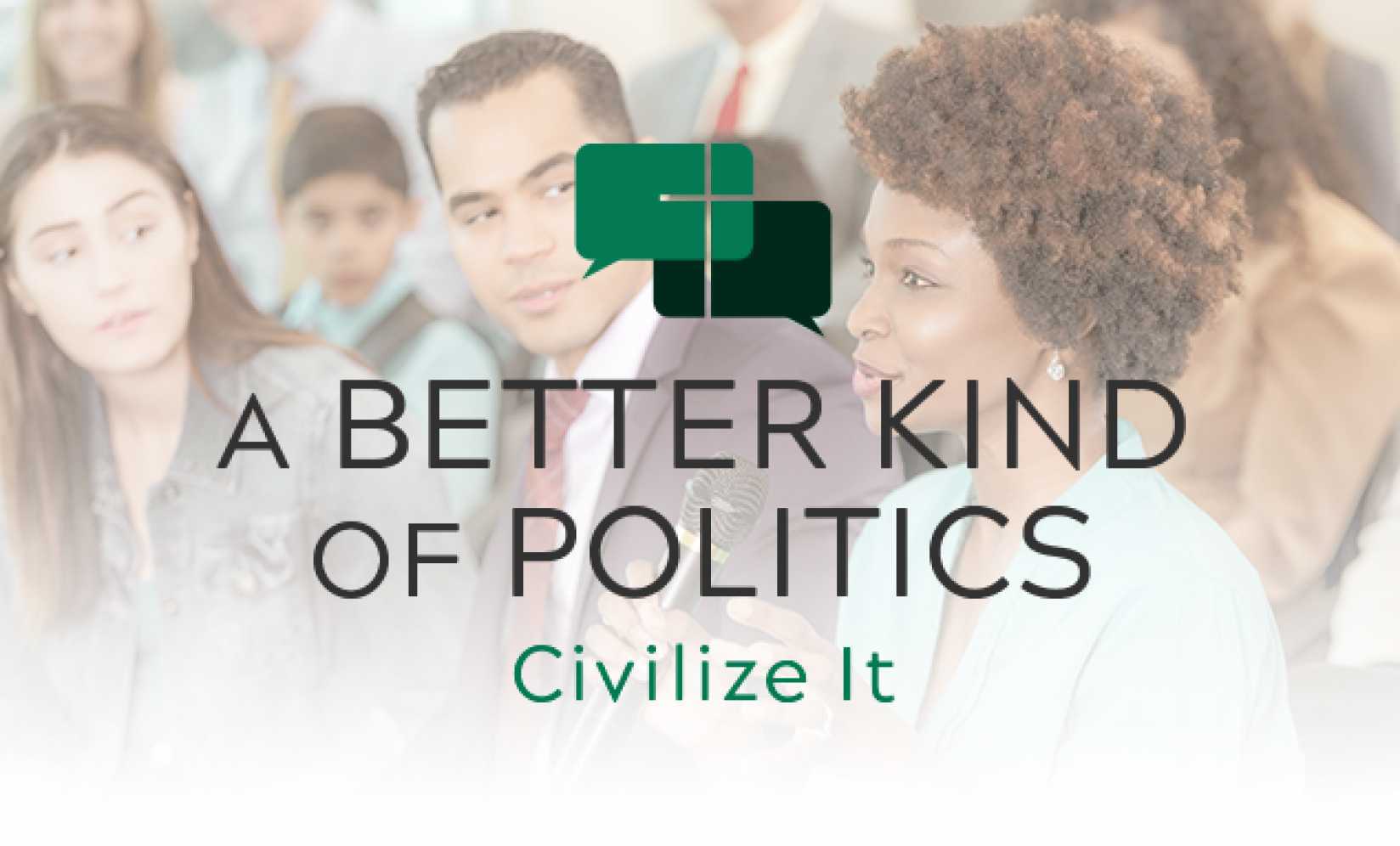Youth leaders involved with national forum on civil dialogue
From social media forums to school board meetings all the way to Congress, the art of disagreeing without being disagreeable appears to have been lost.
If there’s one thing we can all agree on, it’s that dialogue just doesn’t seem to be civil anymore.
That’s why the Archdiocese of Washington, D.C. has organized a new initiative for Catholic youth and young adults from across the United States.
The Civil Dialogue Training Forum engages youth from across the country in civil dialogue, with the goal of training youth leaders to better articulate values of Catholic social teaching on the dignity of human life.
Through focusing on a consistent life ethic framework, the program facilitates fruitful conversations on challenging issues related to the life and dignity of the human person, including abortion, racism, and immigration.
The Archdiocese of Newark has 27 students and 5 adult facilitators engaged in this initiative, the largest group of the dioceses participating. Youth and adult leaders from the Archdiocese of Mobile, the Archdiocese of Washington, and the Diocese of Scranton also are committed to this program.
“It has been very exciting to be a part of this new national initiative,” said Joanne DePasquale-Parent, the associate director of Adult and Family Faith Formation for the Archdiocese of Newark.
“I am especially pleased with how well the youth of the Archdiocese of Newark have responded to this opportunity to engage in fruitful dialogue on some very difficult issues,” DePasquale-Parent said.
The 27 students from the Newark Archdiocese were selected from high schools and parishes located within the archdiocese.
“The students selected demonstrated a commitment to a consistent life ethic and were willing to commit for a full academic year,” DePasquale-Parent said. “They also will have the opportunity to commit to serving as leaders and ambassadors for next year’s program.”
In preparation for the dialogue sessions, catechetical resources are shared that equip participants with the tools needed to understand and interpret what and why the Catholic Church teaches regarding the topic of discussion.
The catechetical resources include political and spiritual autobiographies, selections from papal encyclicals and other church documents, video reflections and lectures from current church leaders, self-reflection tools on family and values, and guides for how to address the challenge of articulating Catholic values to friends and loved ones with whom they might disagree.
“The program helps students develop a stronger understanding of their own pro-life values and hone the skills needed to communicate with their peers about the values that inform their perspectives,” DePasquale-Parent said. “We are very grateful to Cardinal Joseph Tobin for his strong support of this initiative which helps all involved to love and live as Jesus’ disciples and as peacemakers in the world today.”
Francesca D’Amico, a senior at Immaculate Heart Academy, said the program has been an extremely positive experience for her.
“With all of the things going on the past few years, such as COVID-19, the different movements, the recent election, and more, it is refreshing to be able to discuss the dignity of life with others, whether they agree with your opinion or not,” D’Amico said.
“I have learned how to respect others’ opinions while learning new things and teaching others new things,” she said. “It has been refreshing to have my opinion be heard by others with acceptance. It is also great to be able to participate with people from all over the country. It has been hard to meet new people due to the pandemic, but this program has been a great opportunity to do so. I am excited to apply what I have learned and experienced to my life.”
The University of Notre Dame’s McGrath Institute for Church Life collaborated with the Archdiocese of Washington to develop the forum. Training is being carried out by Essential Partners, a secular, non-partisan, non-profit civil dialogue program founded 30 years ago to foster more open communication around the issue of abortion.
In August, Essential Partners trained some 30 adult facilitators who represent a diverse group of diocesan leaders, youth ministry leaders, theology teachers, and campus ministers who are committed to using this dialogue in their communities, classrooms, and churches.
Adult Facilitators participating from the Newark Archdiocese along with DePasquale-Parent are: Heather Christman, an Echo theology teacher at Immaculate Heart Academy in Washington Twp.; Angela De Ciantis-Whitley, an Echo Apprentice at St. Helen Parish in Westfield; James Falconer, a theology teacher at Hudson Catholic High School in Jersey City and Carolyn Sanchez, a language arts teacher at Seton Hall Prep in West Orange.
De Ciantis-Whitley said one of the great values of the Civil Dialogue Program has been its intentional emphasis on developing in participants an important communication skill: perspective-taking.
“If we are to minister more effectively to others, we must seek to better understand their world,” De Ciantis-Whitley said. “I believe that perspective-taking in our everyday communication has the potential to transform our ministries and personal relationships by helping us to better understand the individual before us rather than defaulting to personal assumptions or premature judgments.”
The students have already met several times over Zoom. In the first dialogue sessions, Catholic teaching on the Dignity of Human Life was studied and discussed to provide context for future sessions. Upcoming sessions in February and April include racism and the Catholic Church and Catholic perspectives on immigration. Cardinal Tobin, the archbishop of Newark, is scheduled to participate in a dialogue session on immigration.
Featured: An image from the USCCB’s Civilize It campaign.


